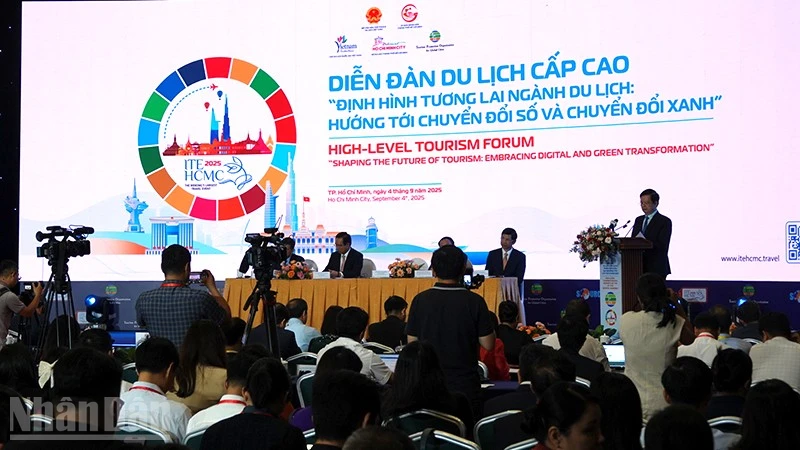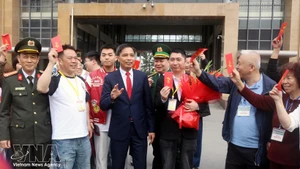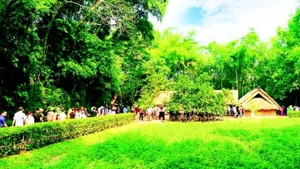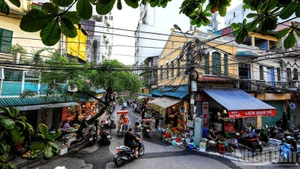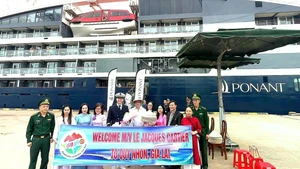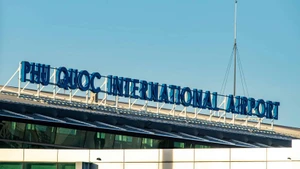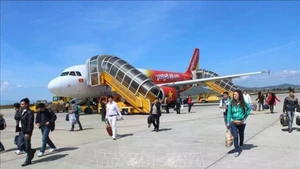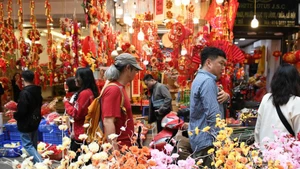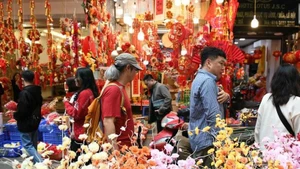According to the World Tourism Organisation, digital transformation and green transition are twin drivers that play a pivotal role in enhancing competitiveness, building smart and environmentally friendly destinations, and ensuring sustainable development of the tourism sector in the coming decade. This is not merely a trend, but an essential strategic course of action for all nations, including Viet Nam.
In line with this direction, Prime Minister’s Directive No. 34/CD-TTg of April 10, 2025 reaffirmed the task of accelerating digital and green transformation in tourism to maximise the value of natural resources and cultural heritage, while pursuing sustainable growth.
Accordingly, the Ministry of Culture, Sports and Tourism has taken the lead, working closely with local authorities to roll out a wide range of programmes and initiatives: establishing a system of criteria for smart and green destinations, launching anti-plastic waste campaigns in tourism, supporting businesses in adopting digital technologies for management and marketing, and strengthening promotional activities in key markets.
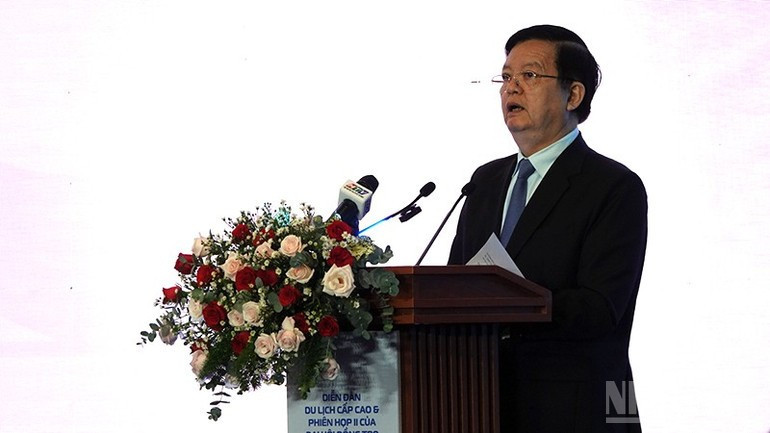
Many provinces and cities have proactively integrated digital and green transformation into their tourism development plans, shaping new destination models that are both attractive and environmentally friendly.
In his opening remarks, Minister of Culture, Sports and Tourism Nguyen Van Hung acknowledged that, like in many other sectors, the shift towards digitalisation and greening in tourism faces multiple challenges: limited public awareness, lack of clear mechanisms and guidelines for sustainable tourism development, financial and investment constraints, high consumption of energy and natural resources, excessive waste from vehicles and destinations, and the limited effectiveness of policy implementation.
“Today’s forum is designed to facilitate exchanges among ministries, sectors, localities, organisations, and domestic and international businesses—sharing experiences, building partnerships, and proposing creative solutions to drive digital and green transformation. The ultimate goal is to shape a future for Viet Nam’s tourism that is sustainable, smart, and aligned with global trends,” Minister Nguyen Van Hung emphasised.
The forum featured two sessions focusing on: an overview of the role of digital and green transformation in Viet Nam’s tourism development, and discussions on solutions to advance these transformations within the sector.
Delegates delivered in-depth, practical, and strategic insights, particularly highlighting pioneering solutions in line with global shifts towards digitalisation and green growth.
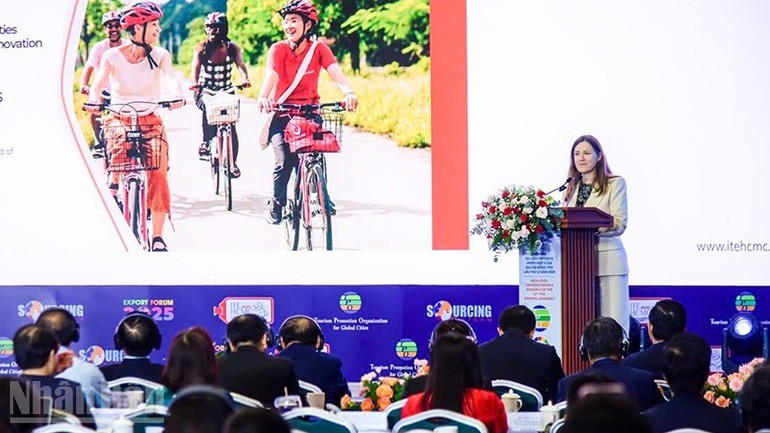
In his directive speech, Deputy Prime Minister Mai Van Chinh outlined several orientations for the rapid and sustainable development of Viet Nam’s tourism sector, including continuing institutional reform and fostering new mindsets on tourism development.
He stressed that Viet Nam in general, and Ho Chi Minh City in particular, must shift from a mindset of “growth at all costs” to one of “sustainable development,” and from viewing tourism solely as a service sector to recognising it as a creative economy that integrates and shares values - where culture, economy, environment, and technology converge.
Deputy Prime Minister Mai Van Chinh proposed that the delegates should work towards developing a set of principles on “Digital Tourism and Green Tourism”—a common normative framework that encourages countries and businesses to adopt responsible practices, thereby ensuring tourism develops globally in a harmonious, responsible, and sustainable manner. Viet Nam stands ready to accompany this initiative, make active contributions, and serve as a responsible member.
